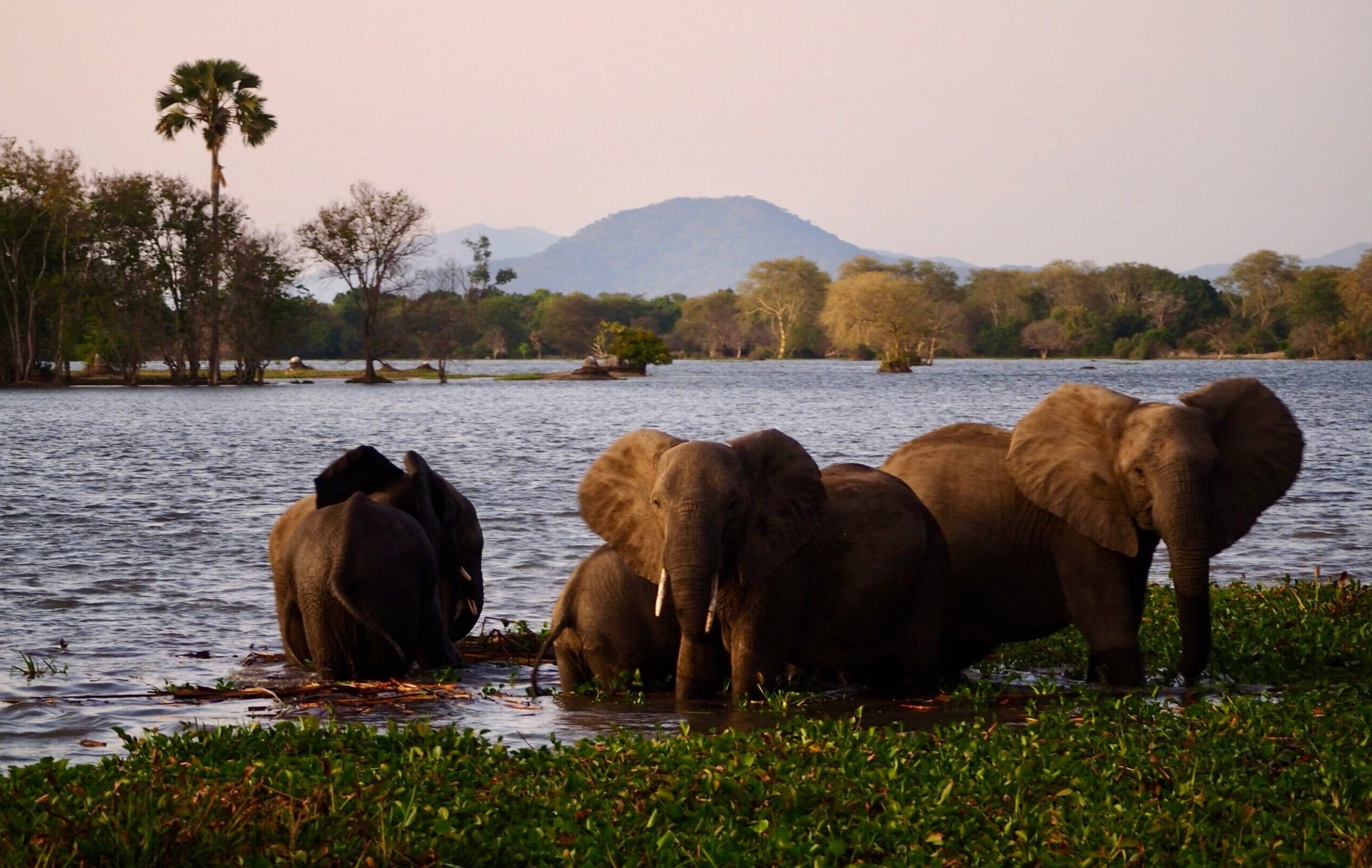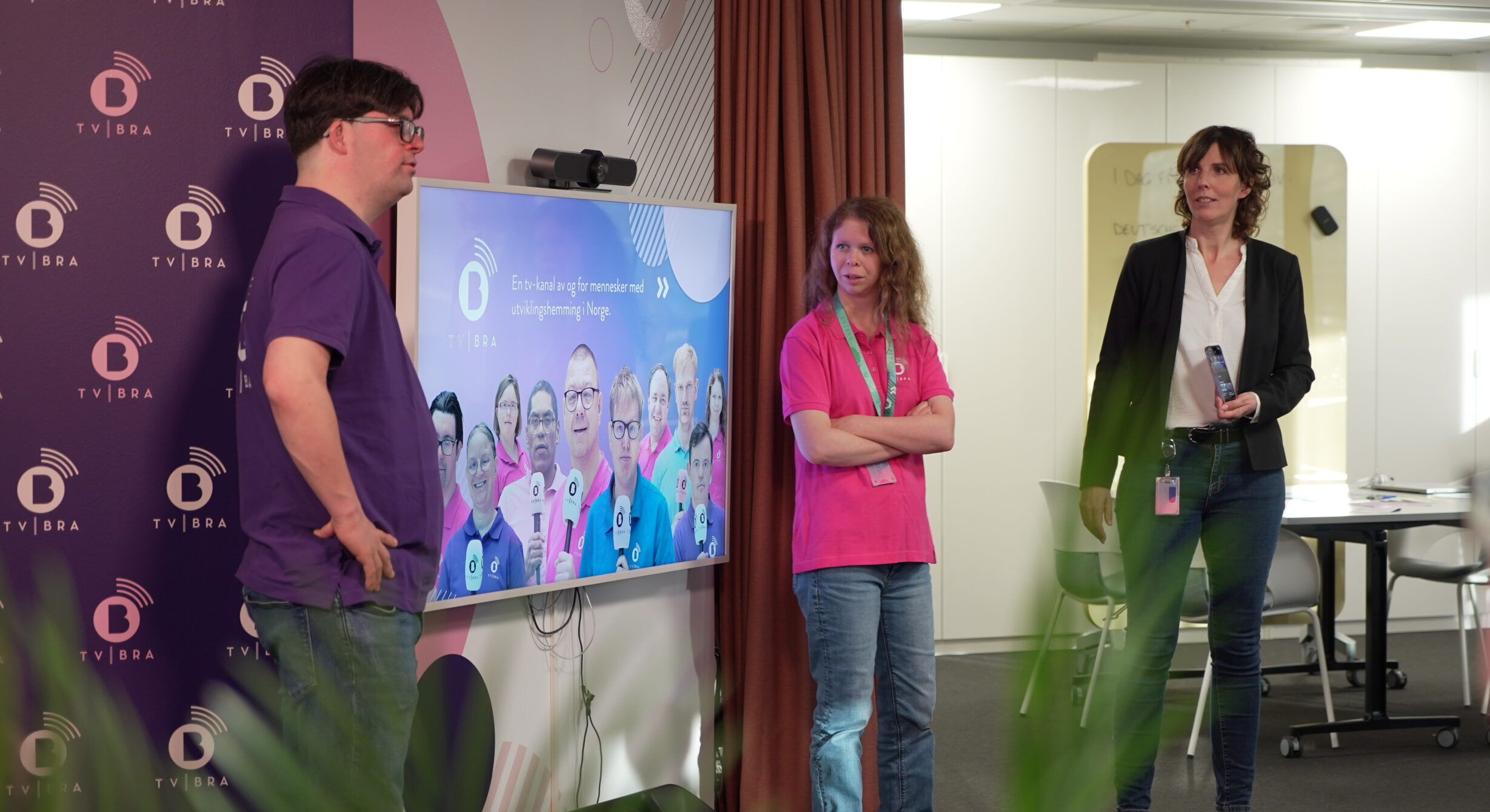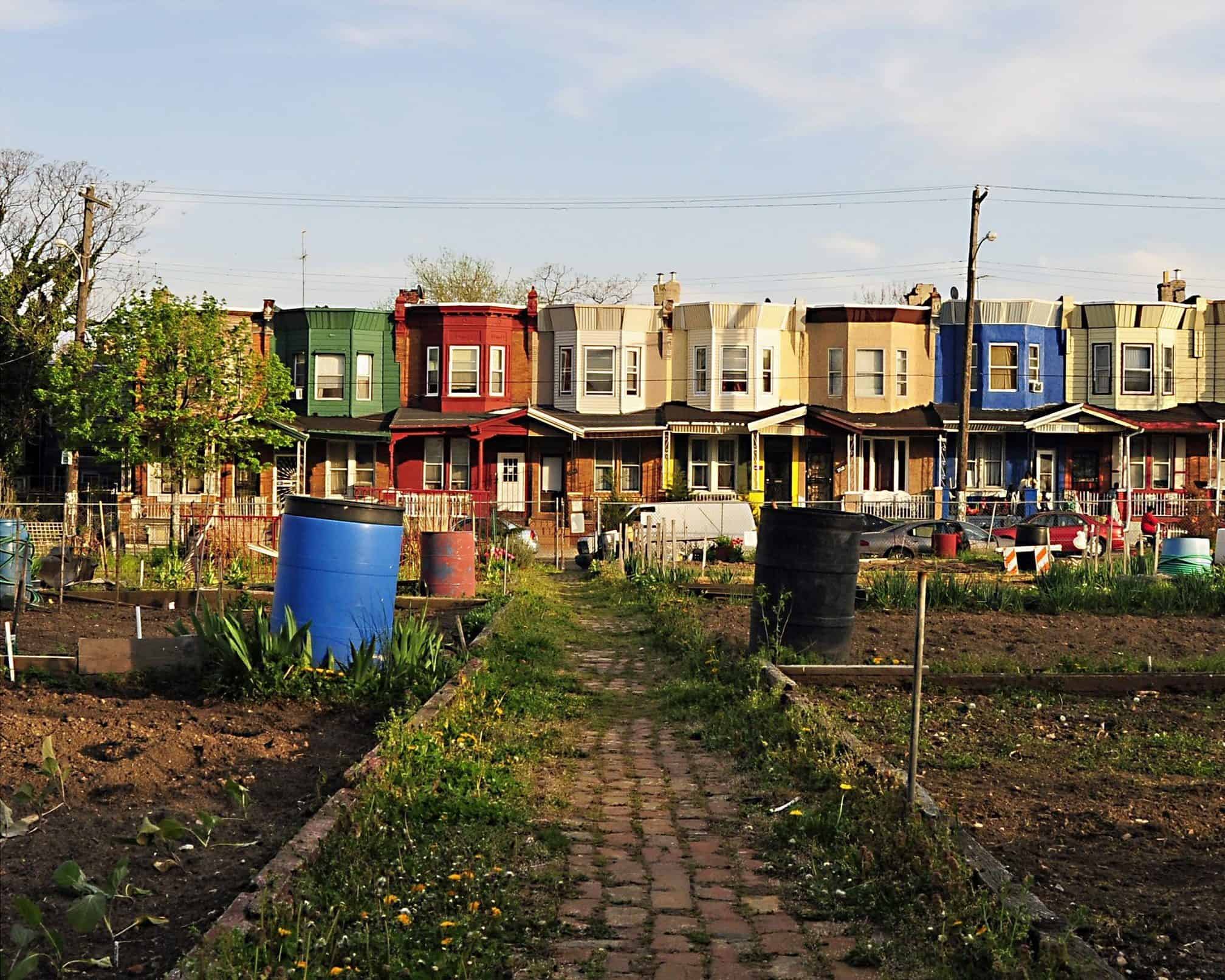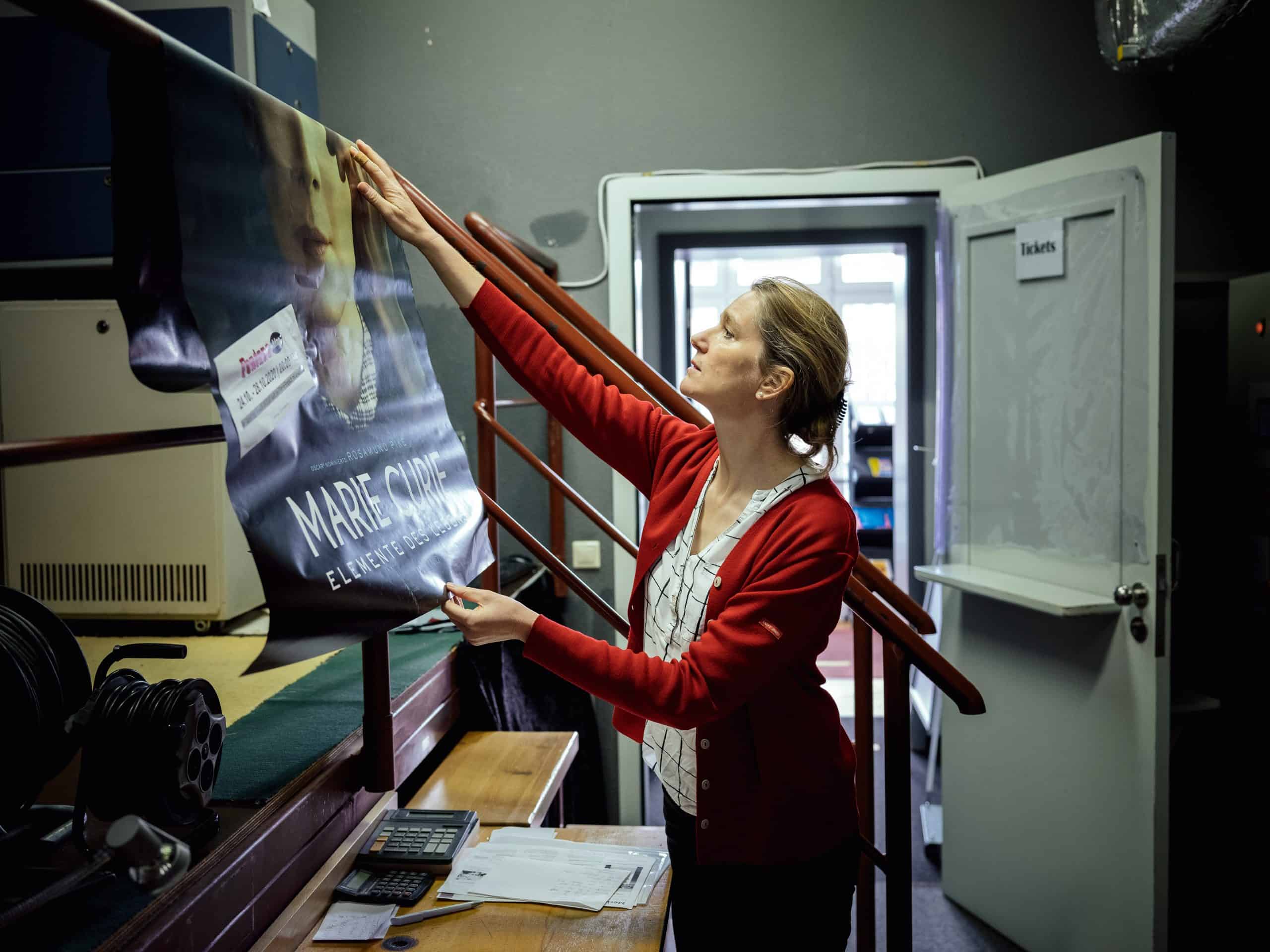Reach across the aisle
Not every store is looking to make a lot of money. The Guardian takes a tour of Jubilee Market in Waco, Texas, a nonprofit supermarket with a mission to provide food where it’s needed.
Jubilee was opened by the organization Mission Waco in 2017 in a vacant convenience store. The surrounding area was a food desert, and Mission Waco knew residents needed a place to buy staples. Most supermarket chains prefer to locate in more prosperous areas, but Jubilee doesn’t exist to make money. It offers food at affordable prices, and pays its workers a rate higher than the minimum wage.
The funding model is challenging — Jubilee relies on wealthier shoppers to keep its sales strong during times of the month when SNAP recipients aren’t receiving their payments. But five years on, the store is still keeping local residents well nourished. “We’re flying by the seat of our pants,” said Mission Waco’s director, adding that one question keeps them going: “Can we afford not to do it?”
A worthy goal
When Kenya’s Black Albinism Football Club faces off against the Royal Patches, it’s more than a soccer match — it’s a defiant celebration of skin-tone diversity.
People in Kenya with albinism and vitiligo — the appearance of light patches on dark skin — face rampant discrimination, from denial of jobs to persecution for witchcraft. But on the soccer pitch, it’s a different story. The Black Albinism Football Club (BAFC), made up entirely of players with albinism, and the Royal Patches, whose players have vitiligo, attract large crowds of spectators.
Weighed down by negative news?
Our smart, bright, weekly newsletter is the uplift you’ve been looking for.The clubs’ matches have become a chance to leave stigma behind and compete in a sport that unites Kenyans in pride. Many players report that they are less self-conscious about their looks after playing; likewise, they say they believe their appearance at the soccer matches helps normalize them with other Kenyans. “It is not all about the trophy or funding, but our joy is when we reach out to other people,” said one of BAFC’s 30 members.
Coal keeps crumbling
The world has passed another mile marker on the road to sustainability: according to a new analysis, clean power provided the planet more electricity than coal in 2021.
Green energy’s rise has been breathtaking. The proportion of power supplied by solar and wind last year was double that of 2016, when the Paris Agreement on climate change was signed. Altogether, emissions-free energy sources (solar, wind, hydro, nuclear and bioenergy) provided 38 percent of global power in 2021.
While encouraging, there’s still a long way to go. A report found that the world must invest $5.7 trillion annually in green energy until 2030 to keep climate change from exceeding “dangerous thresholds.”










